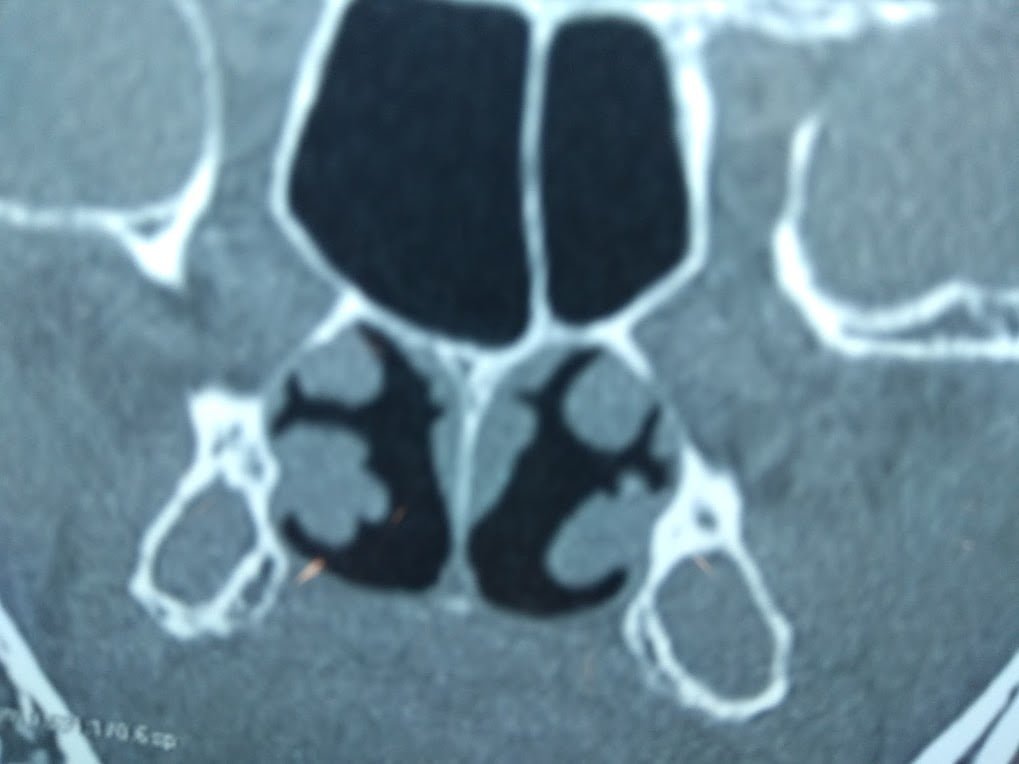What is allergic rhinitis?
The nose is separated into two passages by a wall of cartilage called the septum and is lined with a membrane that produces mucus. The mucus, a thin clear liquid, traps small particles and bacteria that are drawn into the nose as a person breathes. The trapped bacteria usually remain harmless in healthy individuals.
Allergic rhinitis is a soreness or irritation of the mucous membranes that line the nose due to an allergen.
Causes
Allergic rhinitis happens when an allergen (Pollen, dust, mold or other substances that can be inhaled) causes your body to defend itself by producing antibodies. When an allergen and an antibody combine, your body releases histamine and other chemical substances into your bloodstream, which causes an allergic response.
Seasonal allergic rhinitis usually results from tree, grass, weeds, or pollen and is experienced during summer. Perennial allergic rhinitis can cause year-round symptoms. This allergic reaction is the result of indoor irritants such as mold spores or animal dander’s (hair and skin shed by pets), which are carried in the air.
What are the signs and symptoms of allergic rhinitis?
Signs of allergic rhinitis are like signs of a common cold. But, unlike common cold symptoms, allergic rhinitis can last for more than 8-10 days and may include:
- A stuffy nose or a runny nose.
- Sneezing.
- Itchy nose, itchy or watery eyes and itchy throat.
- Children might have dark circles under their eyes or use the palm of their hand to push their nose up as they try to stop the itching (called the “allergic salute”).
- Coughing caused by clear mucus running down the back of your throat.
- Feel chronically tired due to nose block.
- Can have frequent headaches.
- Can have some difficulty smelling.
Treatment
The best treatment for your allergy is to avoid the allergen. When this is not possible, medication can usually control the symptoms of a reaction. These medications are used to treat allergic rhinitis:
- Antihistamines block the action of the histamine (the substance which triggers the reaction).
- Decongestants can give short-term relief from nasal stuffiness. However, many decongestants promote histamine release. This can cause a “rebound” effect that ultimately makes you even more congested than before.
- Corticosteroids may lessen your allergic reaction by preventing body cells from responding to histamine. For allergic rhinitis, these compounds are administered via a nasal spray. Minimal side effects have been found even with chronic use at customary dosage.
- Immunotherapy or (allergy shots) are also used in cases of allergic rhinitis. It is effective only when a specific allergen can be identified. Immunotherapy is not a “quick fix” and may take months before effectiveness is noted.
Prevention
You cannot prevent an allergy, but you can prevent a reaction. Try these steps:
- Put cotton pillows and mattresses in sealed plastic covers to keep out dust mites
- Wash sheets in hot water every week
- Feathers, foam rubber, or pillows more than five years old are often allergens.
- Wearing a mask when cleaning the house
- Use synthetic materials for your bedding, pillow, and blankets
- Observe good health by exercising daily, eating balanced food and avoiding pollutants
- Stop smoking
- Move out decorative pillows, very old books, and stuffed animals
- Store clothing so dust will not settle on it.


Recent Comments